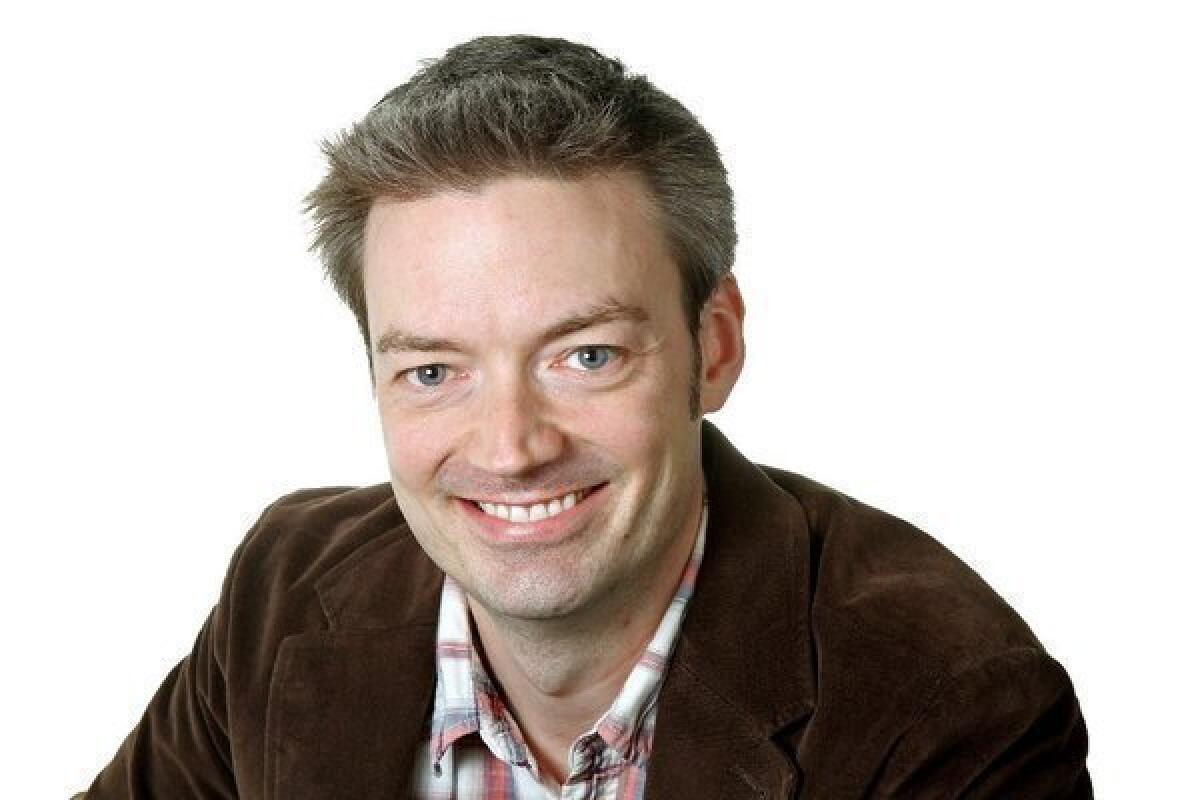Burb’s Eye View: Garden club to host bee presentation

Bees are life-giving little insects that make our food possible, and they even make some of it on their own. They’re fuzzy, colorful and cute in a six-legged freaky sort of way.
They are also murderous, vengeful and spiteful purveyors of pain and calamity.
You’ll have to pardon my prejudice. I come from a long line of bee-allergy sufferers. My father once endured a sting on his face that engulfed his head and turned him into a fleshy facsimile of Homer Simpson. My own hand ballooned to the size of a catcher’s mitt one summer; so swollen was my palm that I couldn’t fit my baseball glove — literally a catcher’s mitt — over my fingers.
With the swelling comes sharp aches and the lifelong requirement to carry an epinephrine pen into the great outdoors. In one of life’s great ironies, the only cure for being stuck by a stinger is sticking yourself with a needle.
It’s easy to see why bees get a bad rap. Stacy McKenna had a big job ahead of her if she was going to convince me otherwise. Lucky for me, she’s good at what she does.
McKenna is the secretary of the Los Angeles County Beekeepers Assn., a 130-year-old organization that has educated people like me about the truths and myths of bees in Southern California.
At 10 a.m. on Feb. 6, she’ll join the Burbank-Valley Garden Club at the Little White Chapel, 1711 N. Avon St., for a presentation on bees and the benefits they can provide a garden and home.
“If a colony’s not bothering you and they’re not in a place to do damage to any structures, it’s perfectly OK to leave them alone,” McKenna said.
If the bees in your neighborhood seem more prevalent than they did when you were growing up, there’s a good explanation — the bees in Burbank have taken on the traits of African honey bees rather than their European ancestors. African bees are used to warmer climates and working all year; European bees hibernate for longer times in the winter.
To get ready for the colder months, they eat a lot to store energy. If you see a swarm, your inclination may be to run — McKenna says this is actually when bees are their most docile while they shuffle off to find a new home.
“They get so fat they can’t even bend over to sting you,” she said.
Grace Davis, co-president of the Burbank-Valley Garden Club, said her 62-member organization is bringing McKenna in to learn how native plant species can attract native bees — which, in turn, makes fruits and vegetables produce more.
The group was formed in 1957, though Davis’ gardening experience goes well beyond that. As a child, her parents grew a victory garden to help supply the war effort during World War II. Today, she finds gardening therapeutic.
“It’s a time away from your usual chores to connect with the earth,” she said. “Being outside is very relaxing and freeing.”
Native bees — “the good guys” as Davis puts it — are attracted to sunflowers and the catalogue of Simon and Garfunkel, particularly parsley, sage, rosemary and thyme.
Over the years, the practice of caring for and mitigating bees hasn’t changed much, McKenna said. Just use as little pesticides as possible, plant some things they like to eat, and if you want to avoid them ending up in a swimming pool, install a birdbath or other water source nearby that they can get out of.
All bees really want to do is go to work, make a nice home, have some kids and eat a ton in the fall before settling in for winter — and isn’t that the American dream?
Their sting is a defensive move, McKenna tells me — so that gleeful bloodlust I thought I saw in their beady eyes was merely a passing curiosity. All they really want is to pollinate my zucchini plants.
The females do anyway. The male bees, or drones, don’t do much.
“They can’t forage, can’t lay eggs, can’t feed themselves, can’t help relocate the brood,” McKenna said. “Aside from fertilizing a virgin queen, they’re pretty much useless.”
The Burbank-Valley Garden Club meets on the first Thursday of the month. A potluck follows each meeting.
For information, visit californiagardenclubs.com/burbank-valley.
--
BRYAN MAHONEY is a recent transplant from the East Coast. He can be reached at 818NewGuy@gmail.com and on Twitter: @818NewGuy.